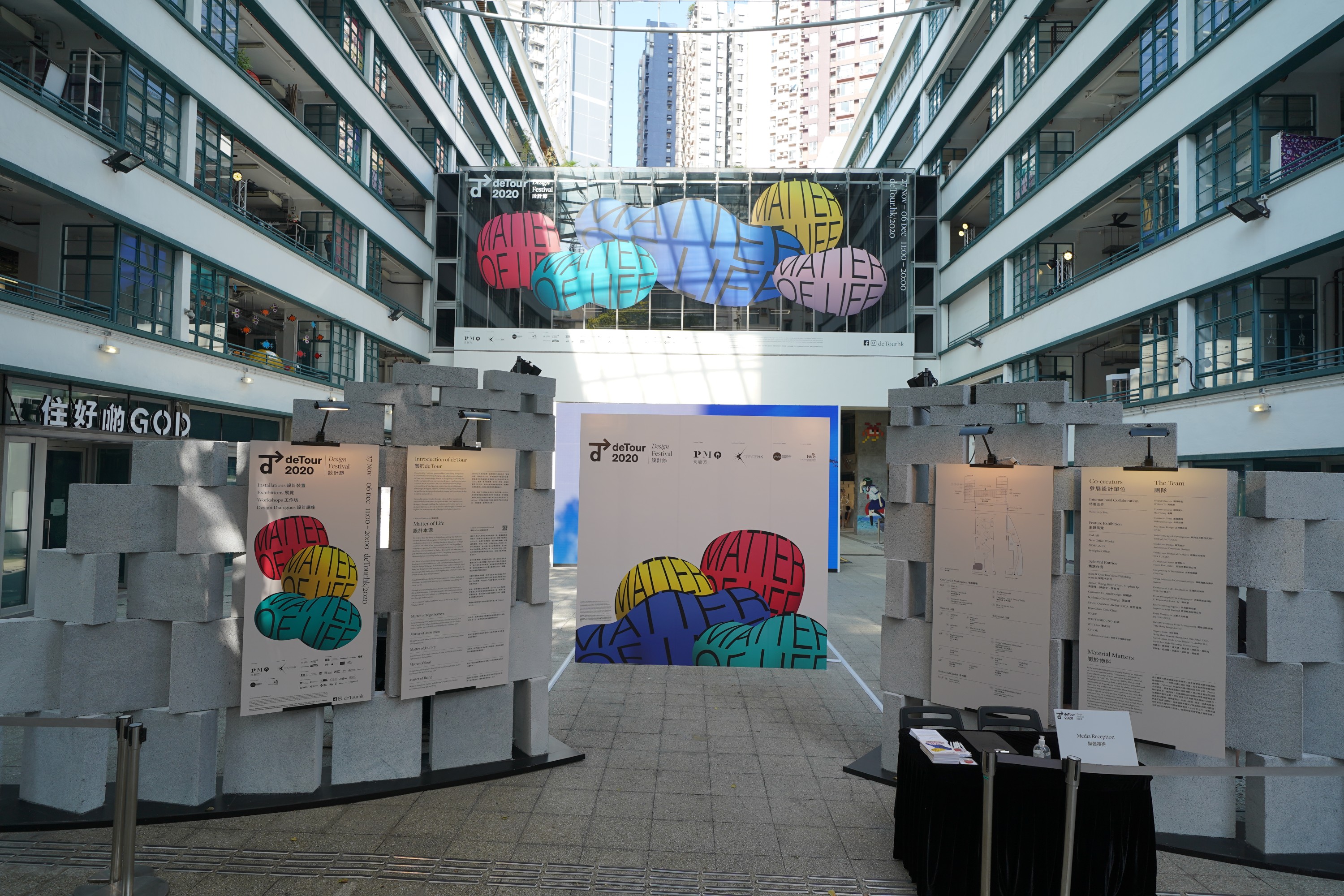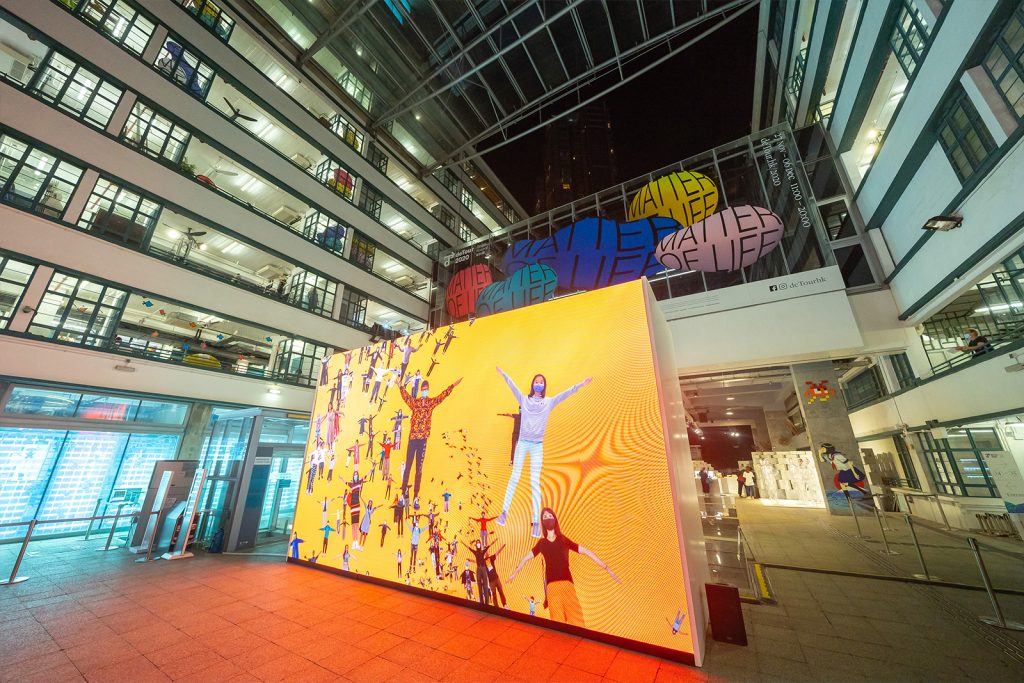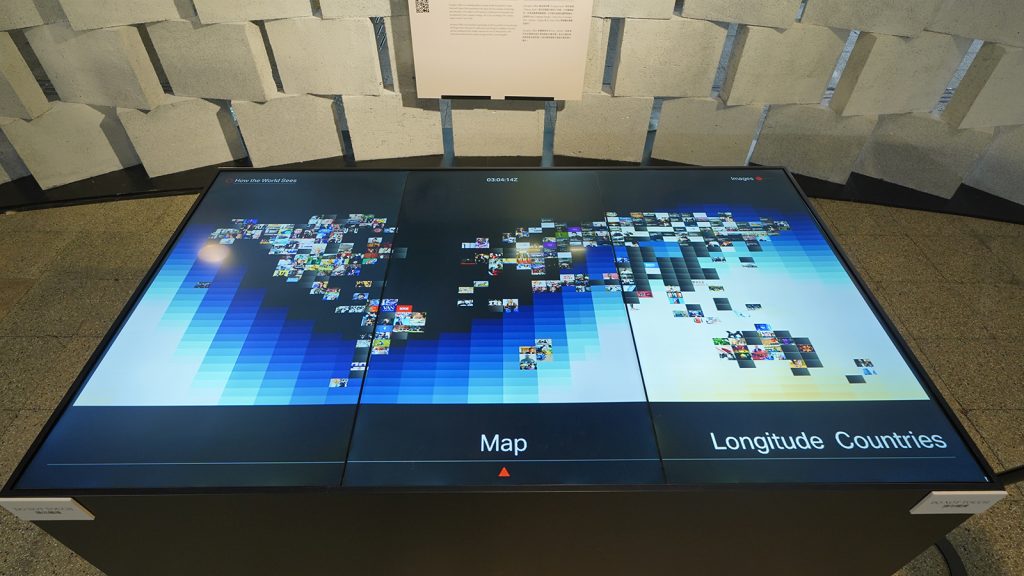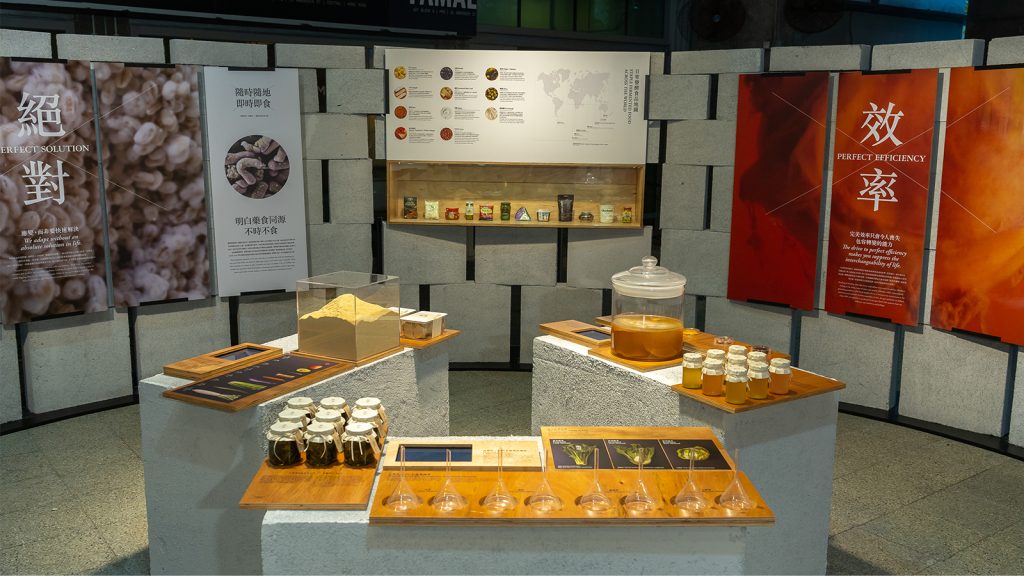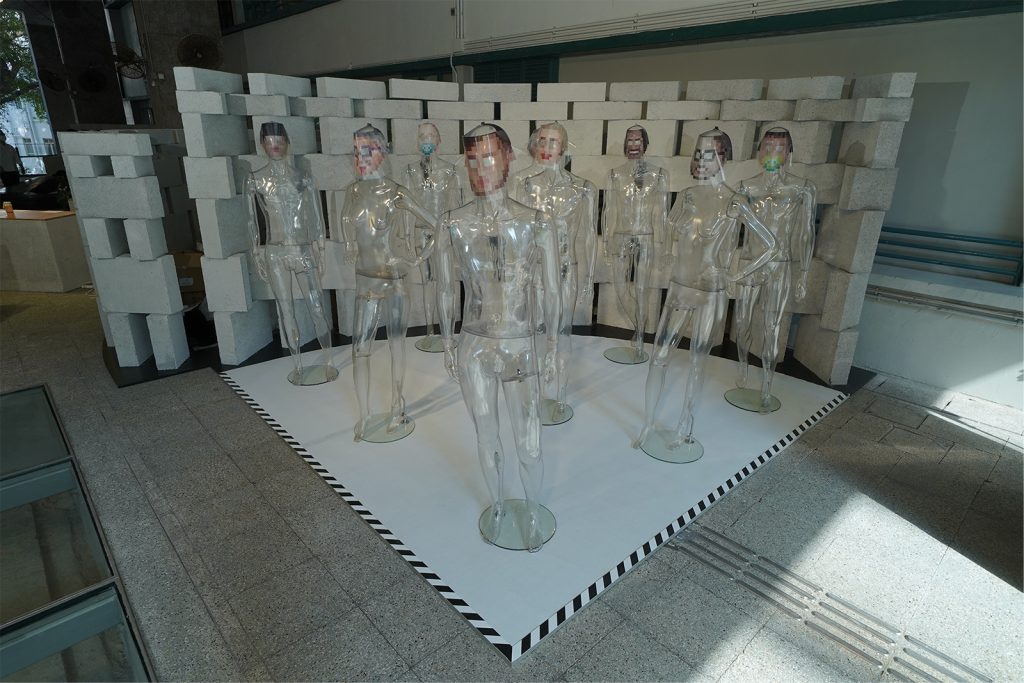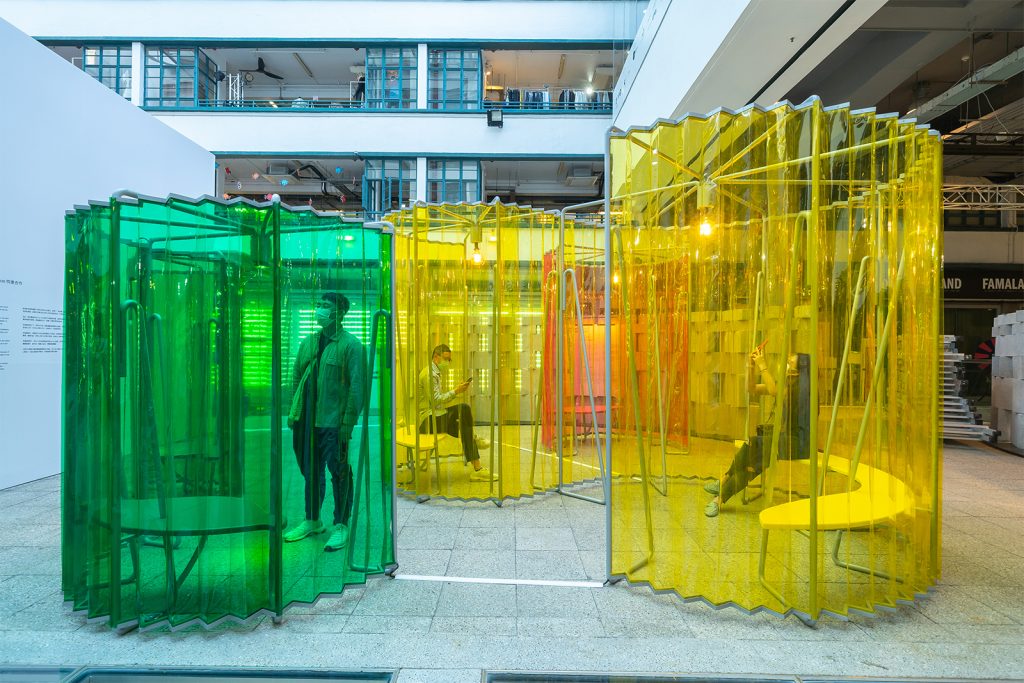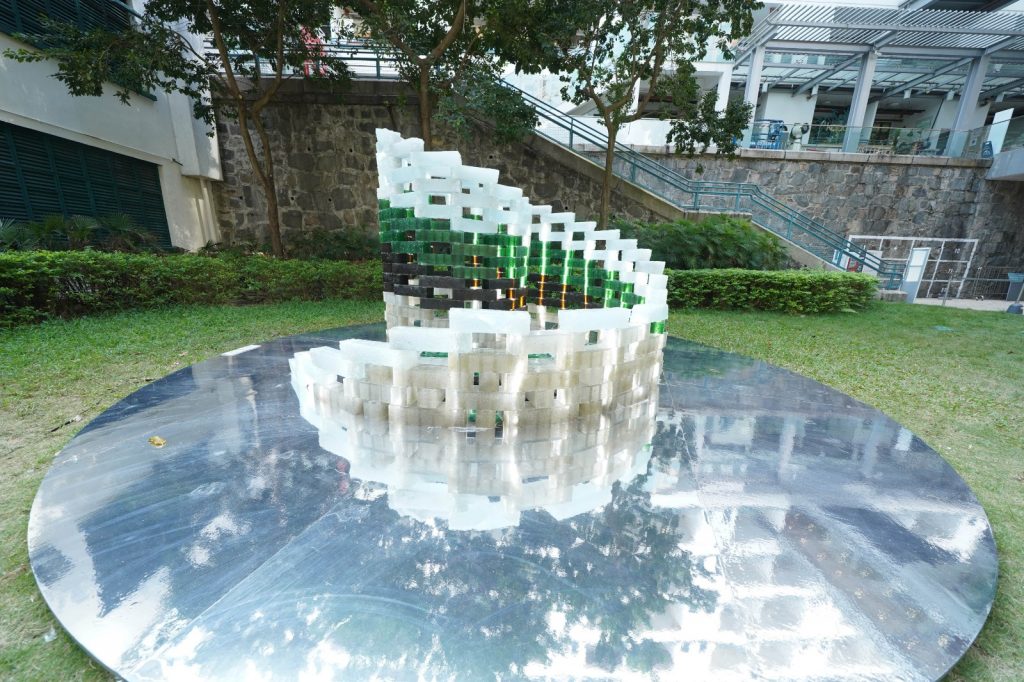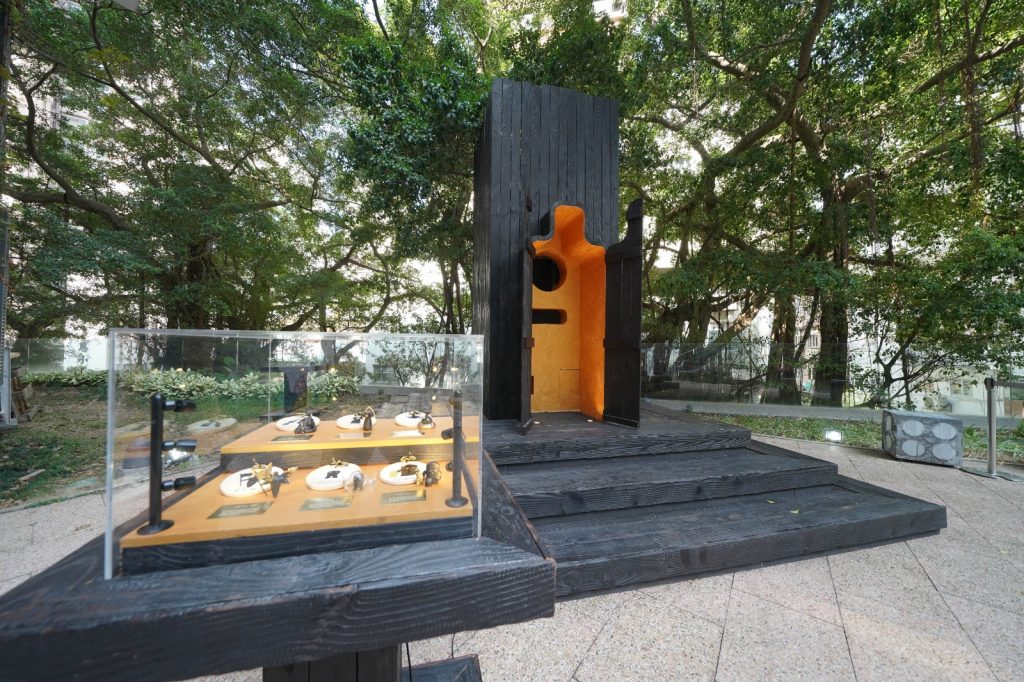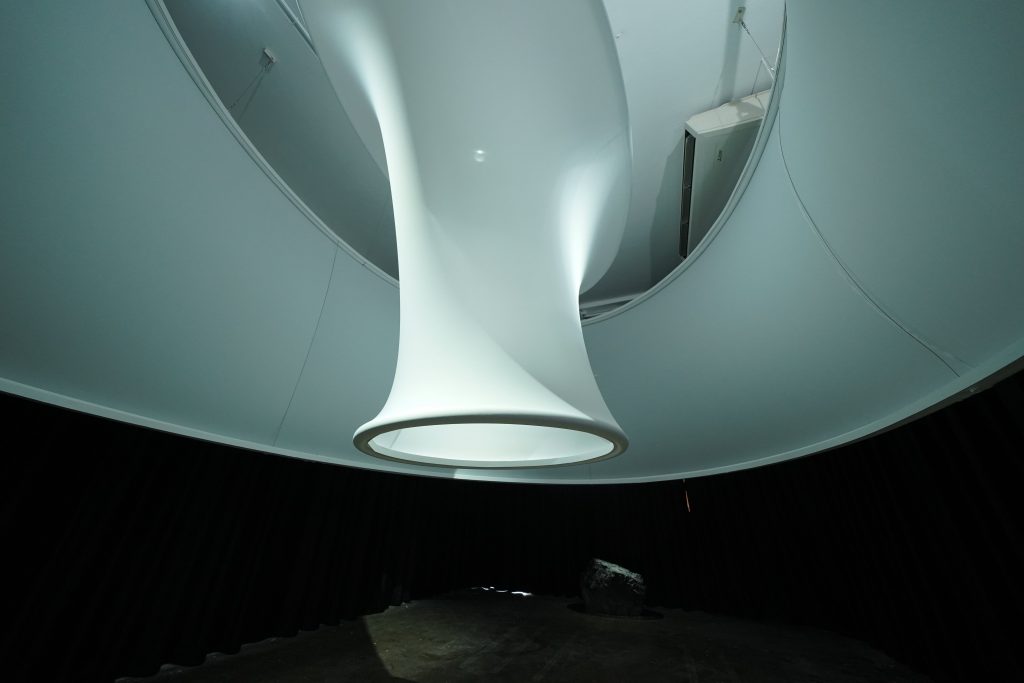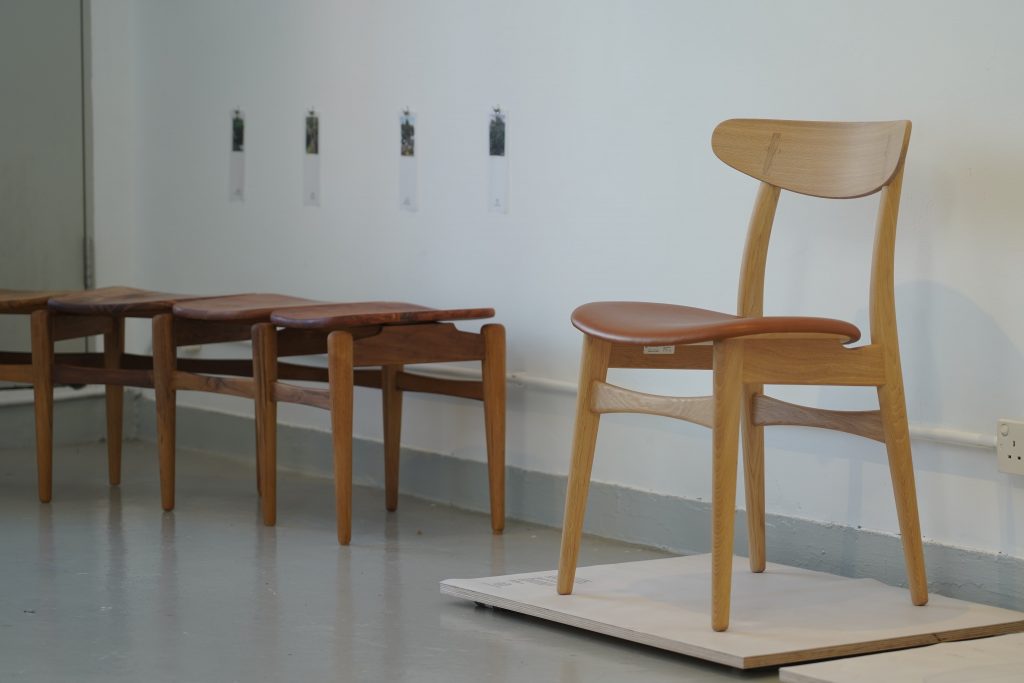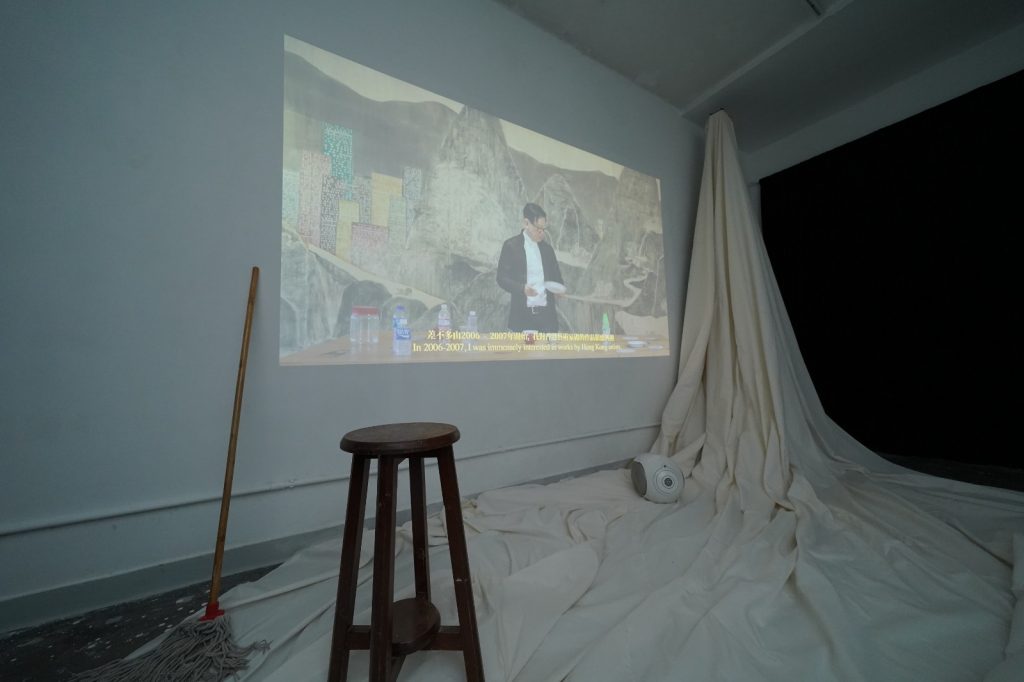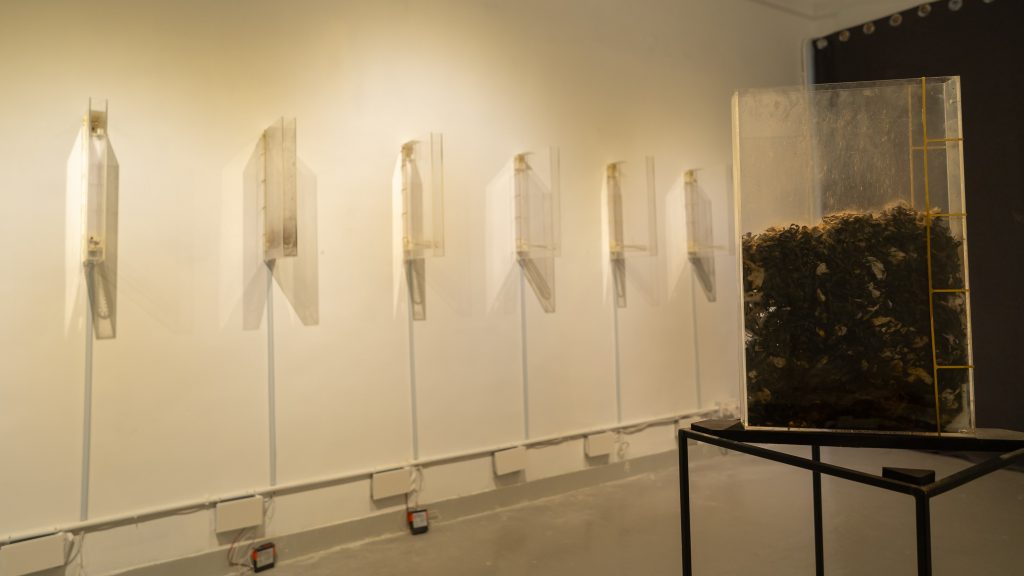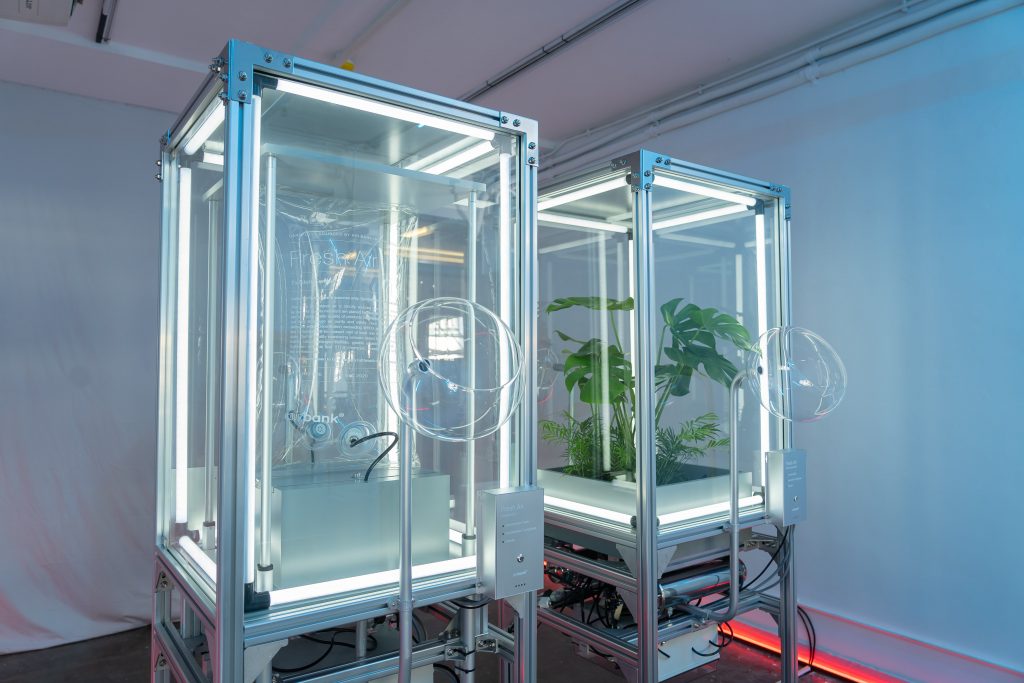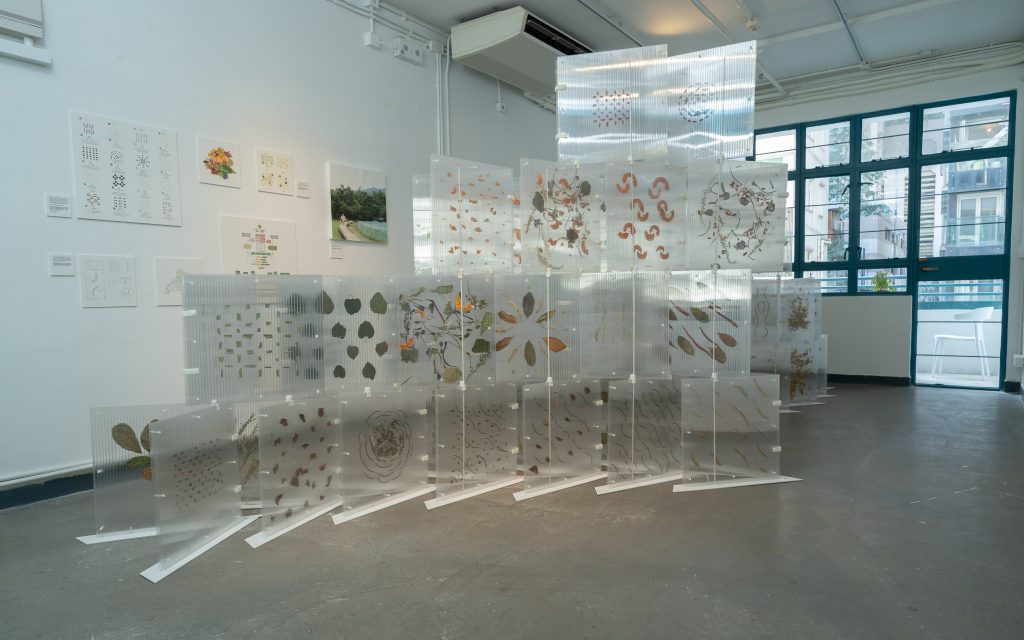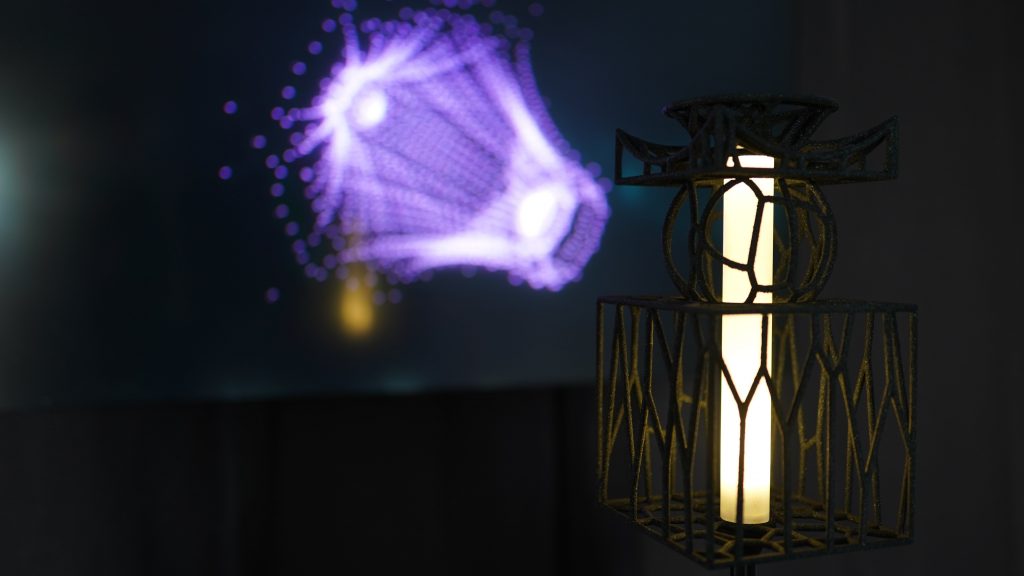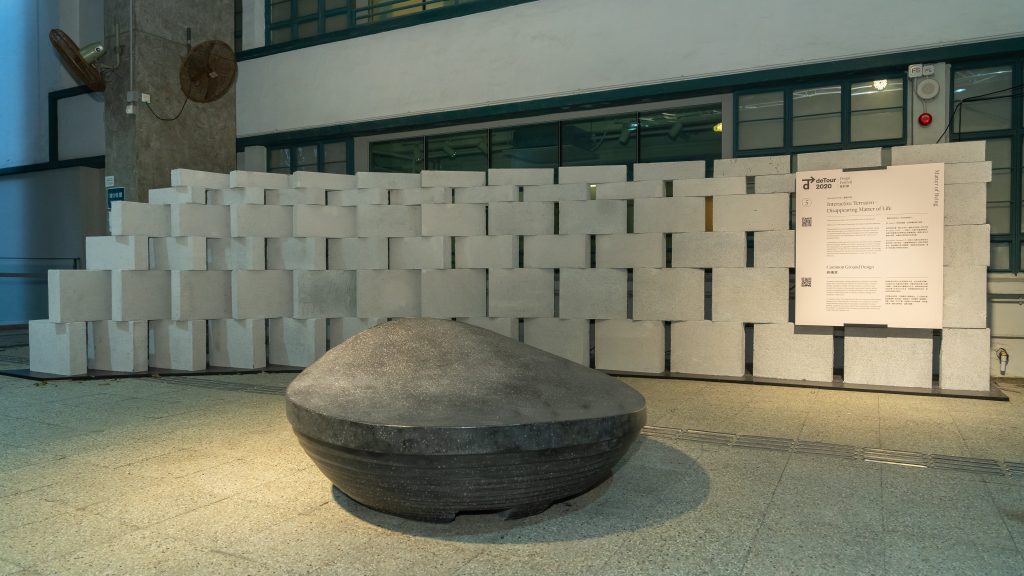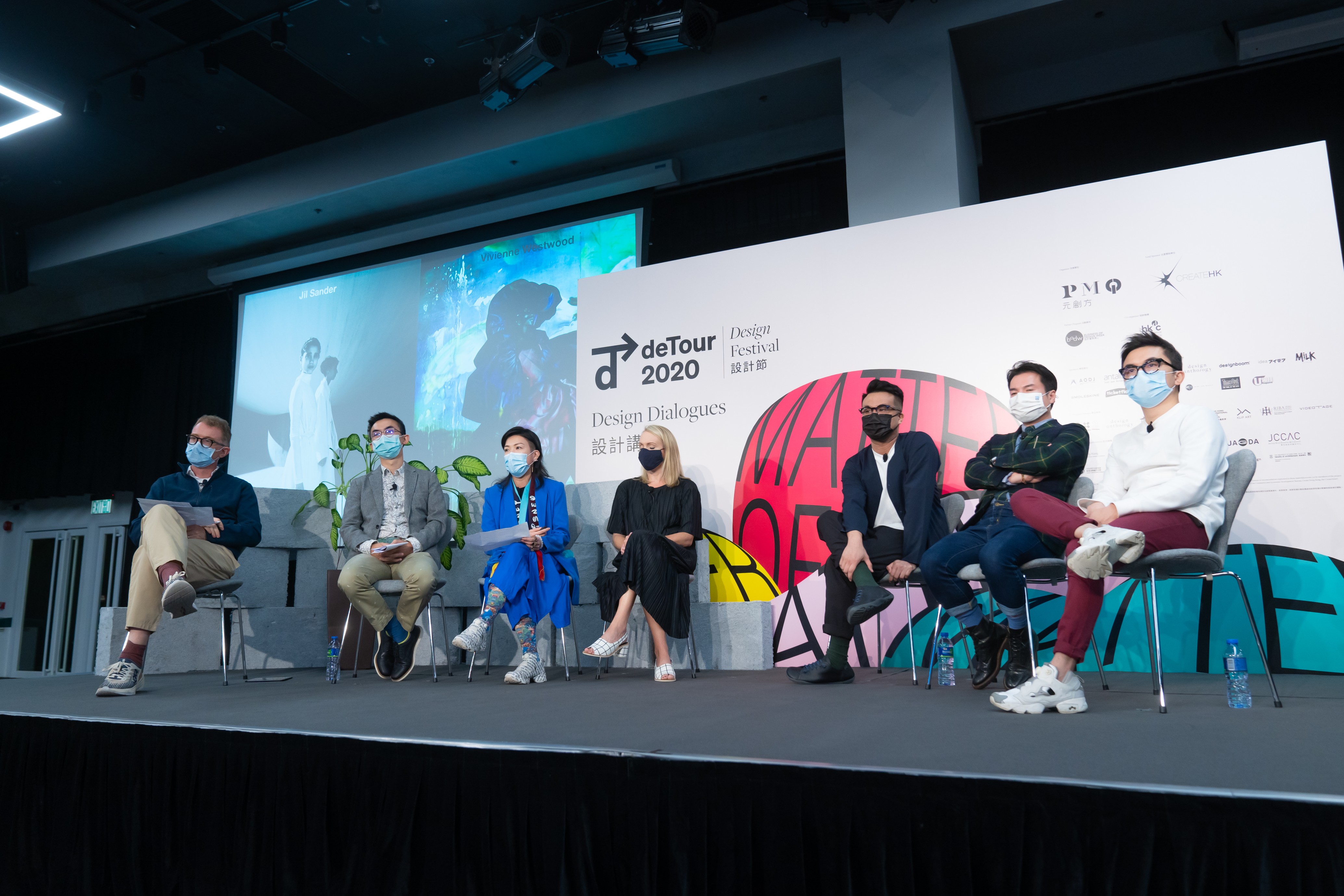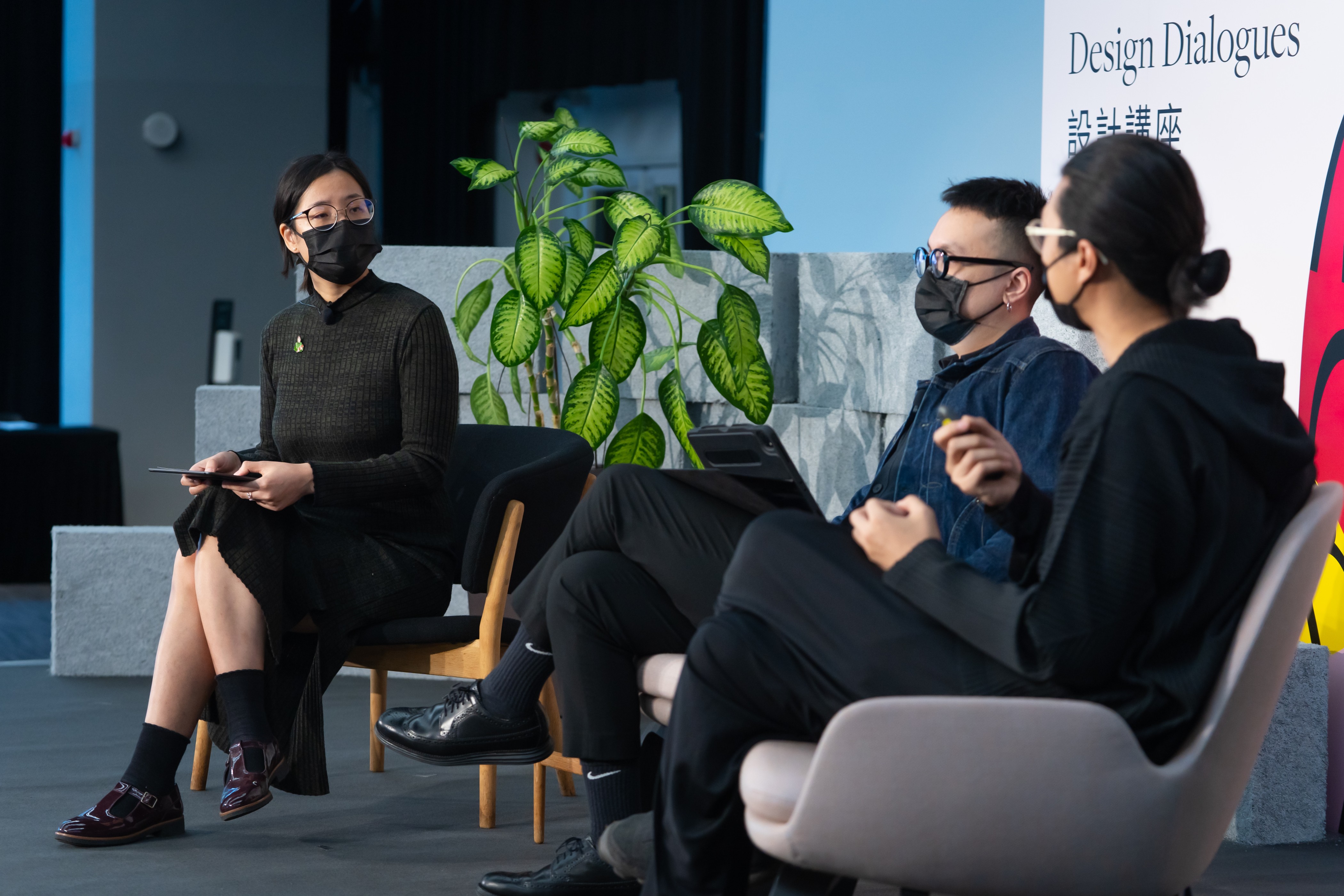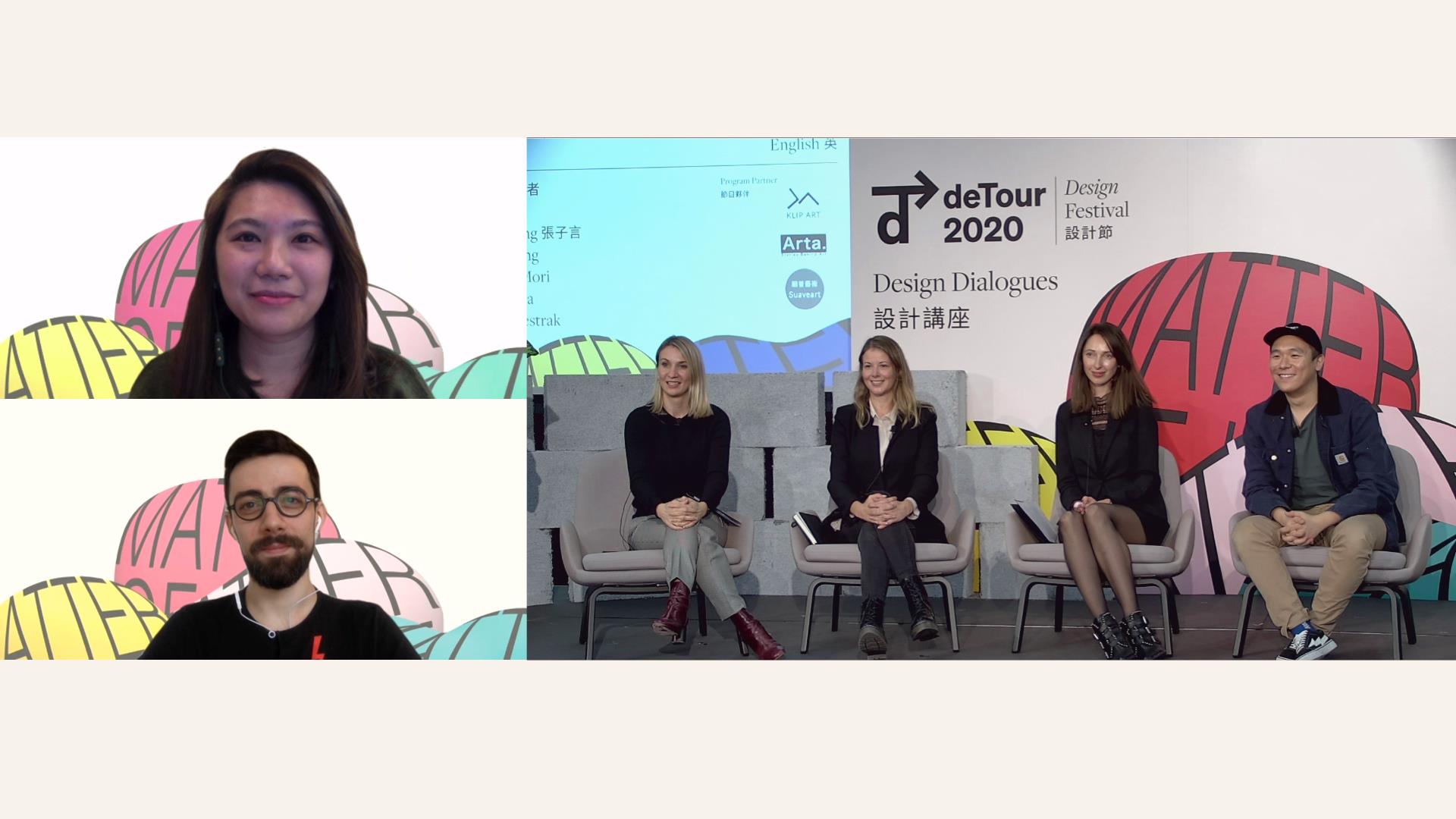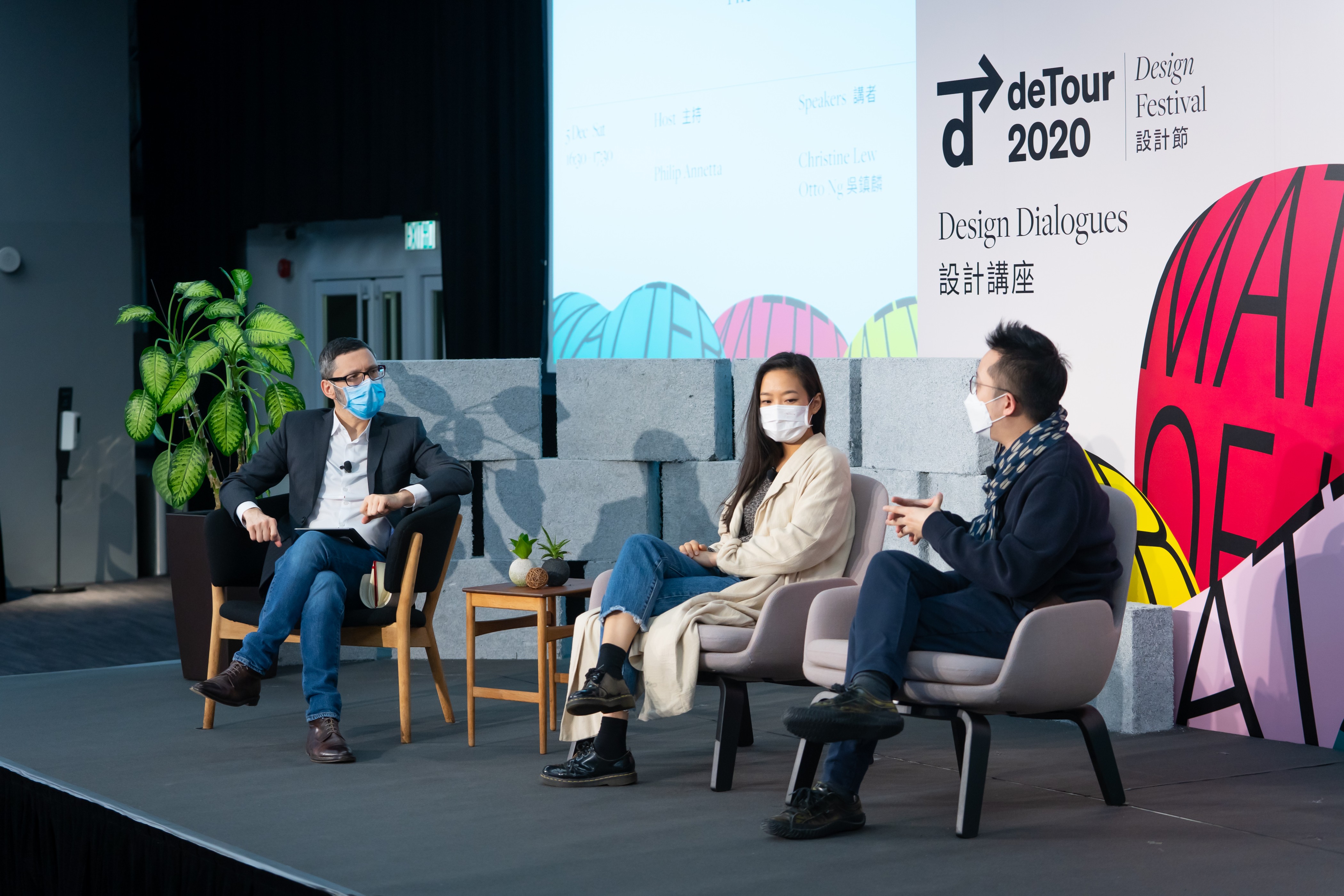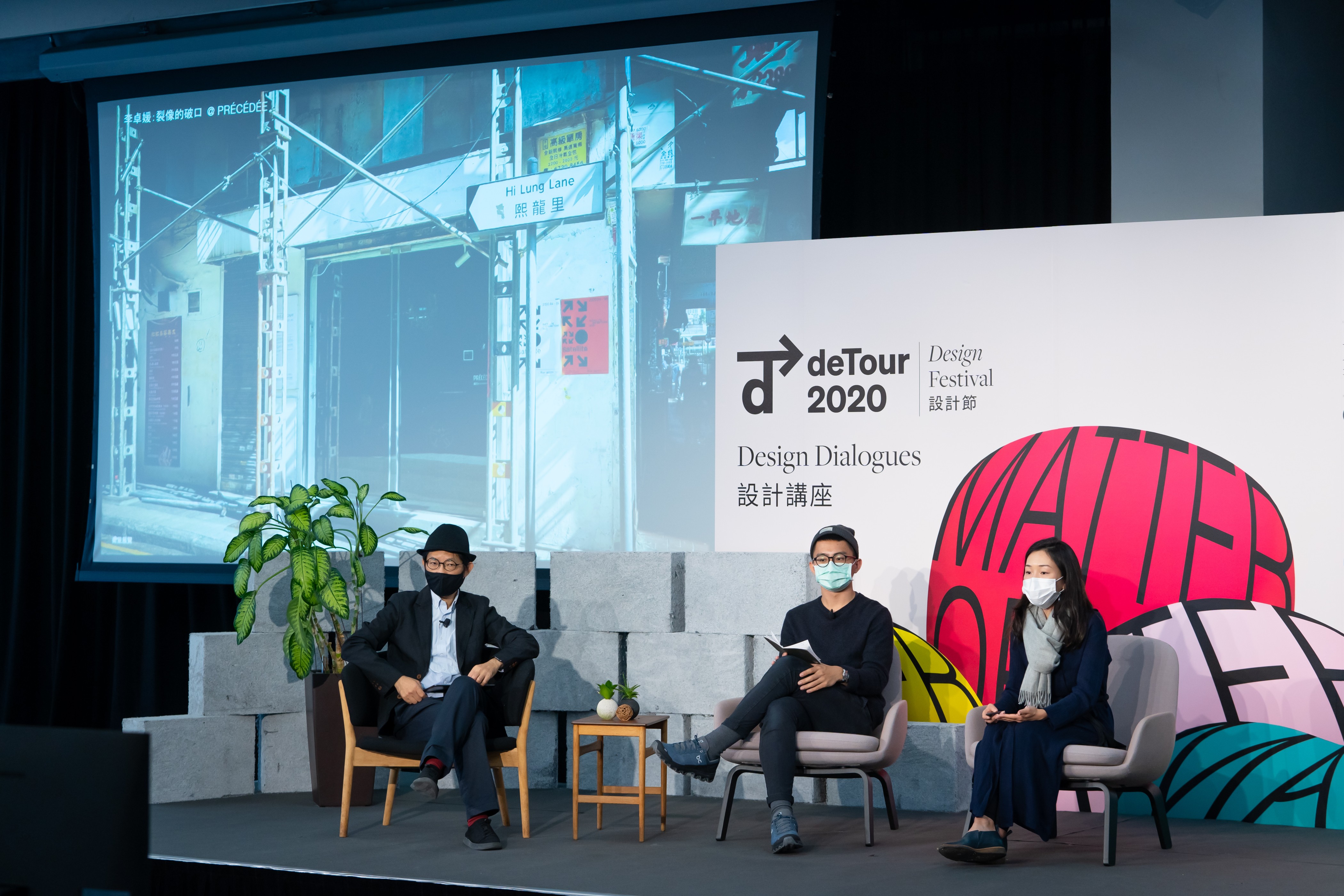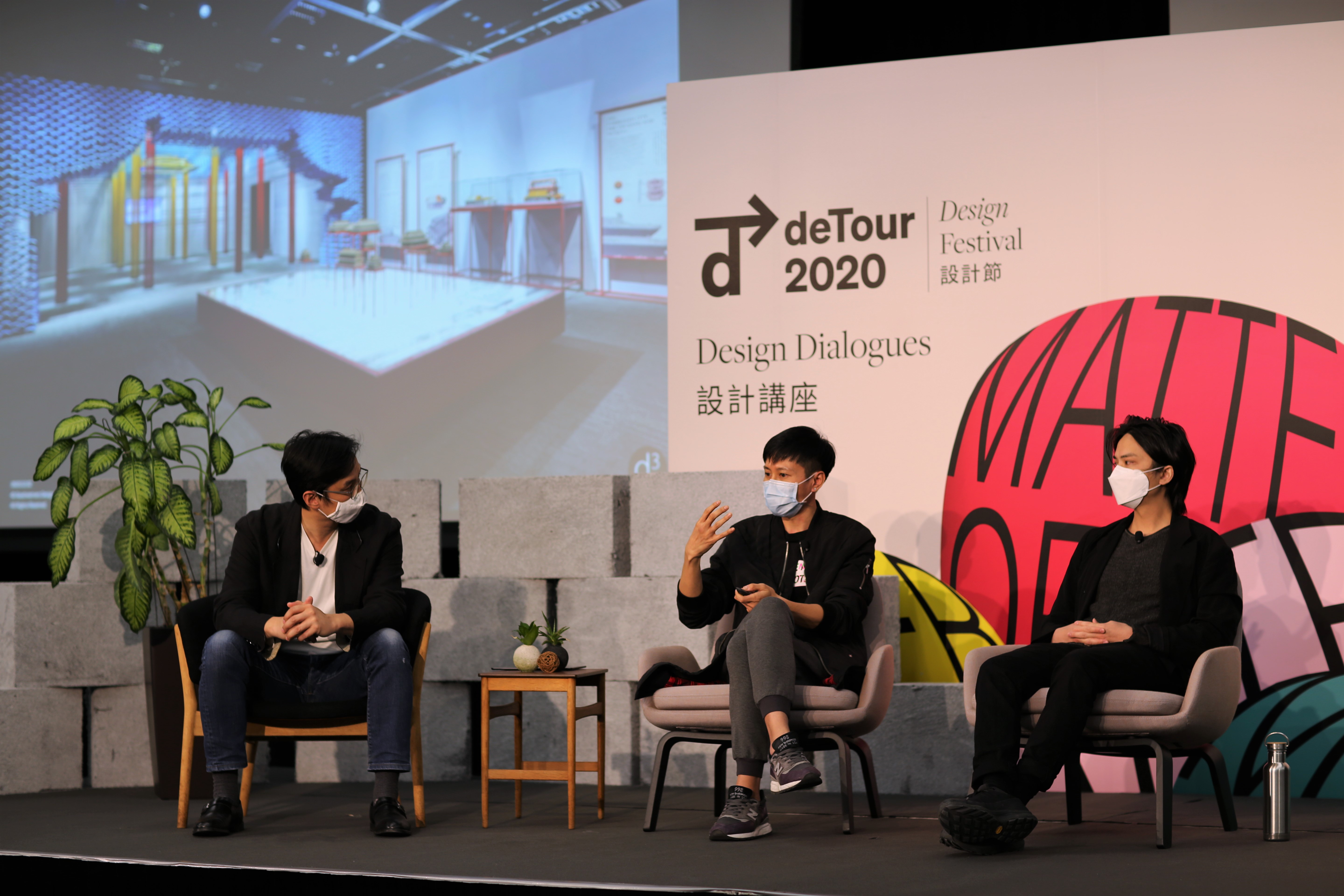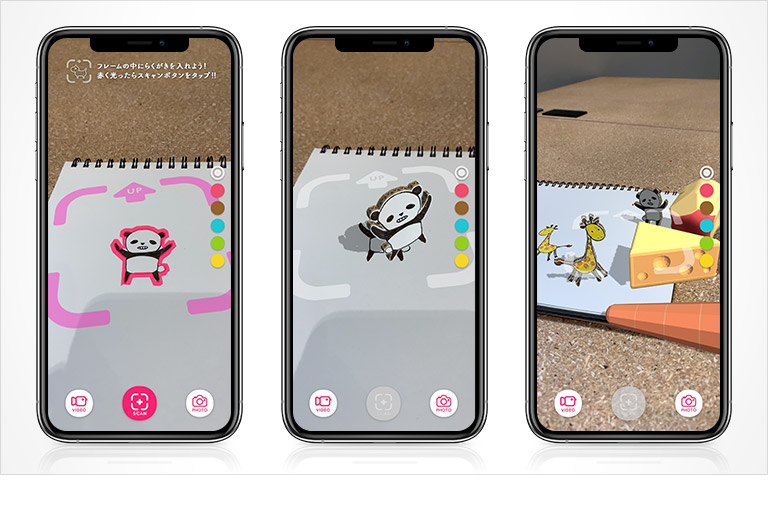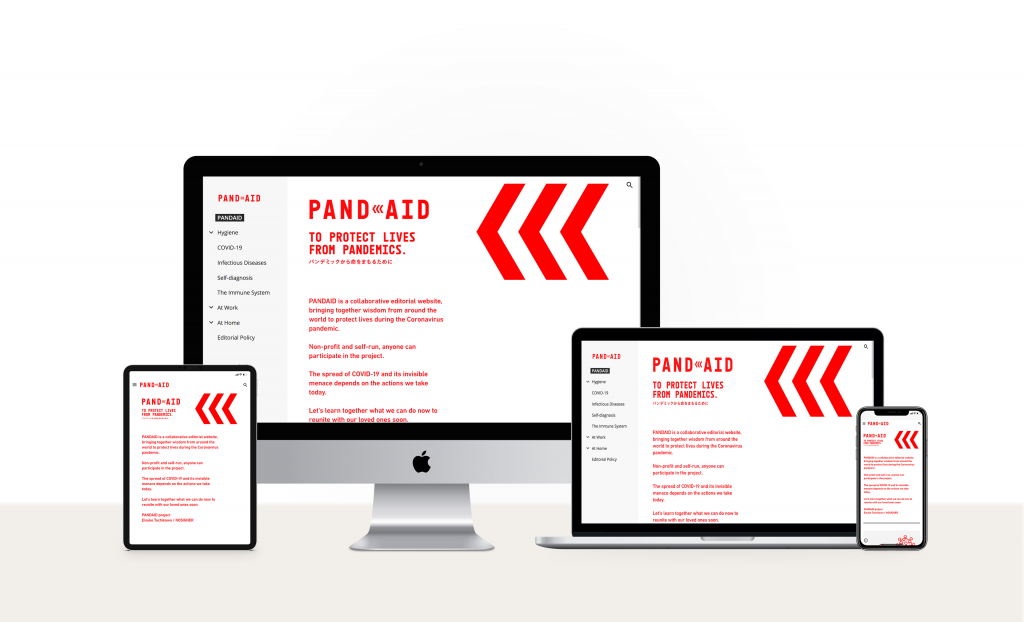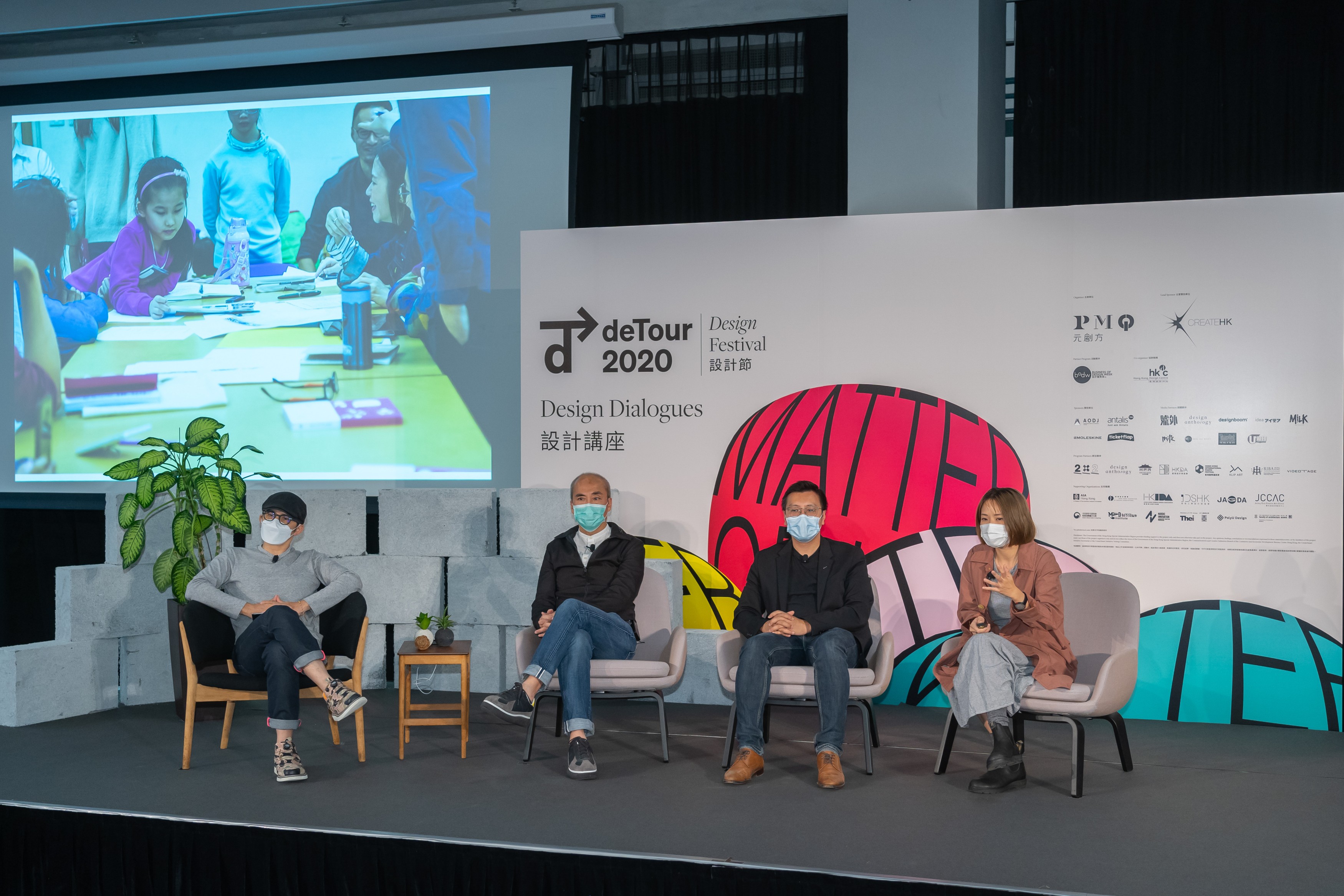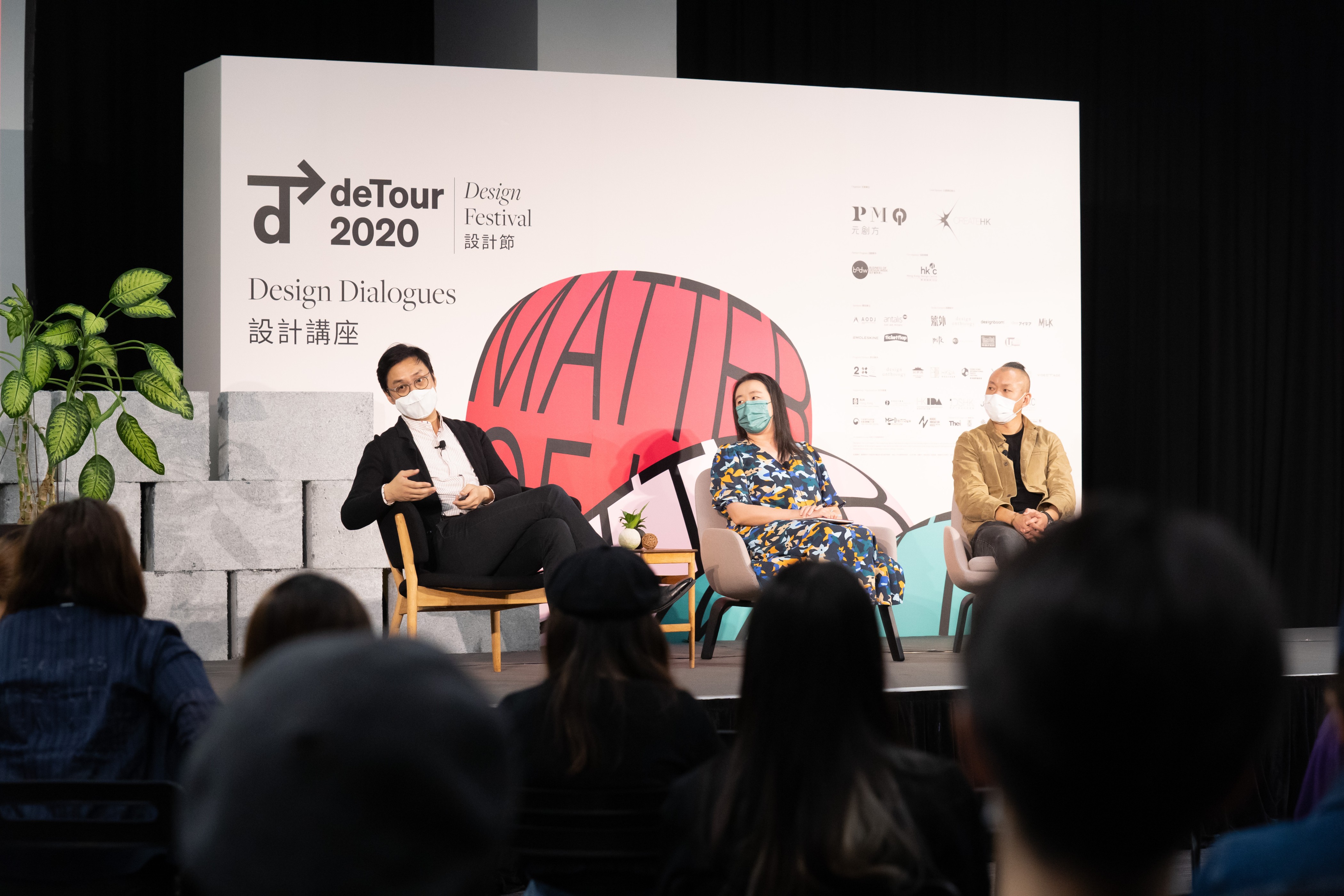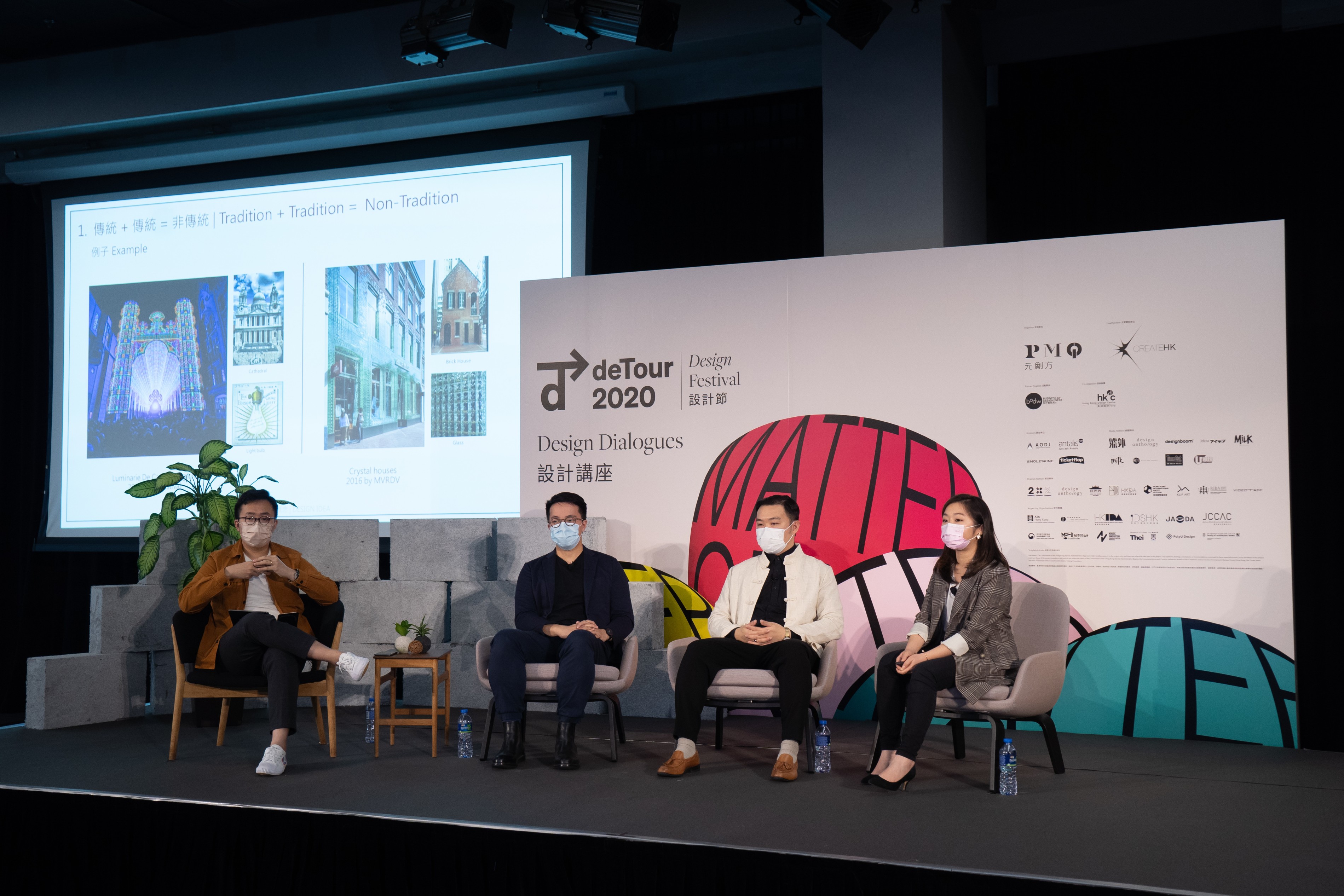Matter of Life
We believe that the ability to design is something that makes us uniquely human. It is a practice of realizing our imagination and a reflection of our way of thinking. Design is ubiquitous—it helps construct the fabric of our communication and has shaped how we exist as a species. It clothes our body and gives us our cultural identities, provides spaces of shelter, determines the substance we put into our mouth and keeps us alive. Everything manmade has been designed, hence everything can be redesigned.
In a world of constant change and uncertainties, designers are finding themselves confronted with some fundamental questions: What is design? What are its functions? Have we been doing it right? Does our design advocate honesty and goodness? What kind of role does design play in the midst of an ongoing slew of crises? And at the end of the day, does design matter?
As patterns of life are being disrupted, values we uphold challenged, it becomes an existential need for us to reexamine everything we know and do.
Through a series of explorations, deTour 2020 hopes to deepen this global discussion by bringing together local and international designers to share and exhibit, to exchange views, to celebrate the act of design and creativity.
Highlights
International Collaboration
Feature Exhibition
Selected Entries
Design Dialogues
Workshops
Organizer: Marco Yeung
Watch closely, you can find hundreds of bubbles on dried concrete. What if we enlarge the bubbles, and turn them into different utensils?
In this workshop, participants will try unconventional ways (not just moulding!) to create unique concrete utensils—with balloons and cement.
Organizer: PONG
According to Wikipedia, the goal of upcycling is to prevent wasting potentially useful materials by making use of existing ones. This reduces the consumption of new raw materials when creating new products; and hence reduces energy usage, air pollution, water pollution, and even greenhouse gas emissions.
In this workshop, we will combine used water bottles with other existing materials and custom-made parts, and turn them into uniquely-personalized lamps. During the session, we hope to raise awareness of waste reduction, upcycling and the role of design in enhancing quality of life as well as giving waste a second life.
Organizer: Plastic Wood Studio
Hong Kong generates thousands tons of plastic and wood waste every day. In this series of upcycling workshops, we are using waste as raw materials and turning them into creative products.
In the two-hour workshop, we will first learn how to process plastic waste, including plastic classification, crushing, pressure moulding, and an introduction to wood structure. Next, participants will learn to use basic tools to transform recycled plastic sheets and wooden boards into a small box.
An exploration of the nature of plastic and wood, this workshop allows participants to understand plastic recycling, the process of material production and, hopefully, to learn to cherish every object and material.
Organizer: MUDWORK
In this workshop, we will use local trees as material to make tiny musical instruments that make birdsongs.
When a city tree falls, birds lose their home. Imagine that the fallen trees still retain the memory of birds, and they make birdcalls in their afterlife.
Organizer: The Misused (Liang-Jung Chen)
During the 2.5 hours workshop, Chen Liang-jung, co-founder of The Misused, will introduce their worldwide hardware project, giving unique insights into the unfulfilled potential of everyday hardware. Through brainstorms and creative discussions, we will explore how to repurpose hardware with creativity and twist.
As Liang-jung is currently in Taiwan, she will host the workshop remotely with the support of Hong Kong-based designer Brian Lee. Participants will be able to design and create objects of their own, and rediscover the charm of everyday objects through Liang-jung and Brian’s sharing and playful experimentation.
“Teatime in Dryscape” workshops have three major themes: the local culture of farming, cultivation, and drying plants.
1. Take Away Art Dry Pack
Host: Orient Occident Atelier | OOA
The workshop will work with organic matter and on the temporality of life, allowing participants to array dried plants on small panels to create custom art pieces to bring home.
2. Botanical Infused Cocktails (5 Dec 15:00-16:00)
Host: Austen Lendrum (Apothecary)
The workshop will invite collaborators to demonstrate how to use home-grown plants to infuse gin, with a gin-tasting session to follow.
3. Farming, Food Systems and Futures (28 Nov 16:00-17:00)
Host: Alvin Kwong (Magic Organics Co)
The workshop will invite farmers to introduce their lifestyle and cultivation method, and to demonstrate how self-sowing plants can be used to make dried snacks and insect repellents. Participants will understand the relationships between cultivation, organic matters, design, food and beverages, and product-making. They will learn about local “farm to table” concepts and their various practices.
Organizer: Deep Food
How to face our appetite? The desire to eat is wired in our instincts. Back to the Garden of Eden in the Bible, how will you face your lust and forbidden fruit? Deep Food workshop invites participants to confront the challenges that Adam and Eve once faced, to ponder our attitudes towards appetite. The making of our own utensils, is designed to be a ceremony exploring our desires. Through the arrangement and combination of existing utensils, a tool to feed our appetite is made, and the present ways of eating are redefined and challenged.
Organizer: birdintree creative studio
A piece of cloth can be wrapped as a tube. How many possibilities can be spurred from a fabric tube?
From 2D to 3D, children will explore the possibilities of a tube-shape fabric through play. Our workshop adopts a design-thinking model, so that children can harness design thinking along the way. They will experience the variability of soft fabric, and unlock creativity in the process. From folding, cutting to sewing, children’s concentration and patience will be put to the test.
Organizer: MODEMENT
Weaving is always useful in releasing pressure and spurring the senses. During the process of looming and looping, we get our creative juices flowing, and our boundaries are pushed.
In this workshop, participants will learn the basics of weaving and ways to use up-cycling materials to create their own artwork. For kids, the workshop is useful in training their fine motor skills, hand-eye coordination, sense of colour, and their use of materials.
Organizer:TOBY CRISPY
Fashion records time and history with clothing and style. The changes in fashion indicate different phases of our lives. Opening the wardrobe, some pieces recall a knowing smile, reminding us of someone or something on a certain day, time, and place. Have you ever thought of using your clothes, needles and thread as paper and pen, to record your life—by hand?
In this workshop, the designer will select 12 basic stitching techniques to design three PMQ-inspired embroidery motifs, and let participants embroider the historical Hong Kong landmark, memories of old places and things on their old clothes, and bring their “time journey” home.
Organizer: Excohk
Excohk held a mail art event during the third wave of the COVID-19 outbreak in August, in collaboration with a local artist. We invited our readers to make postcards by upcycling unused materials at home. The postcards were then collected and randomly redistributed to other participants—the quality of the postcards surprised us, proving that we were all born as artists.
As an extension of the popular event, we are holding a workshop on cyanotype postcards. With simple tools and materials, participants can create their unique cyanotype-printed mementos. Through the event, we hope participants will be able to express themselves, share hidden thoughts with strangers, and enjoy the fun of a get-together DIY activity.
Organizer: Hei Shing Book Design
Flipping, cutting and folding paper, give us a sense of its vitality, its ethereal and enchanting beauty.
This workshop aims to make a 8-page book through basic book-making techniques such as cutting, folding, and overlapping. The exploration of the various qualities of paper, such as colour, texture, shape, and size, will lead us to unearth the possibilities and creativity of paperbacks.
In the class, we will introduce the basics of book structure and traditional binding techniques, share different book design techniques, and teach how to transfer concepts into materials and visual language (semiotics), etc. Our goal is for students to understand how a book is made.
